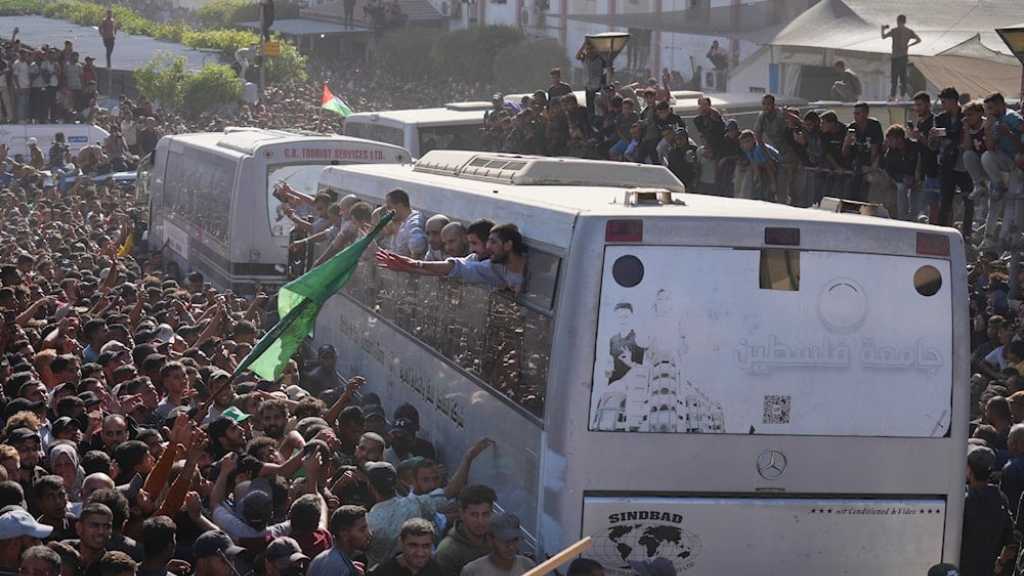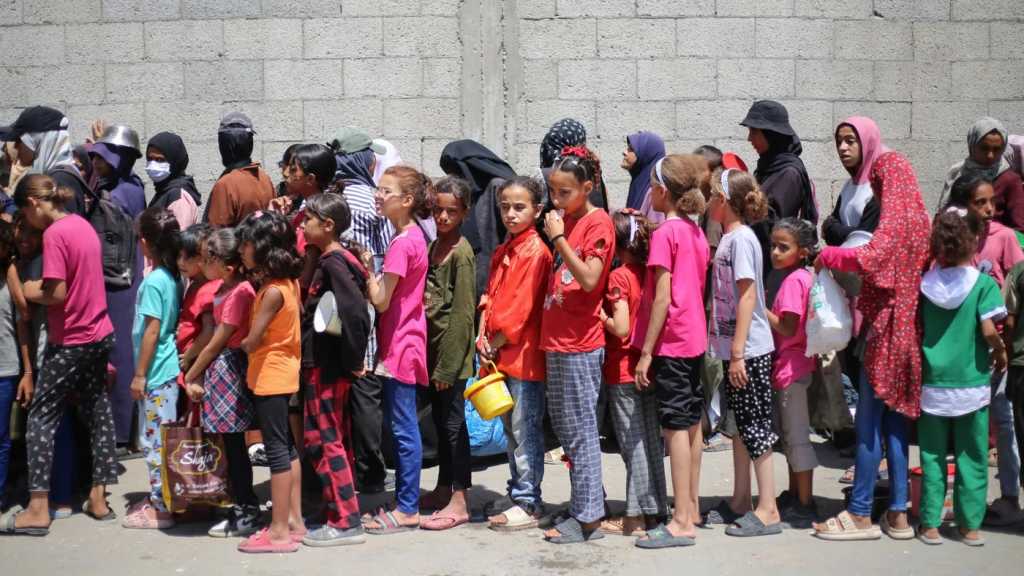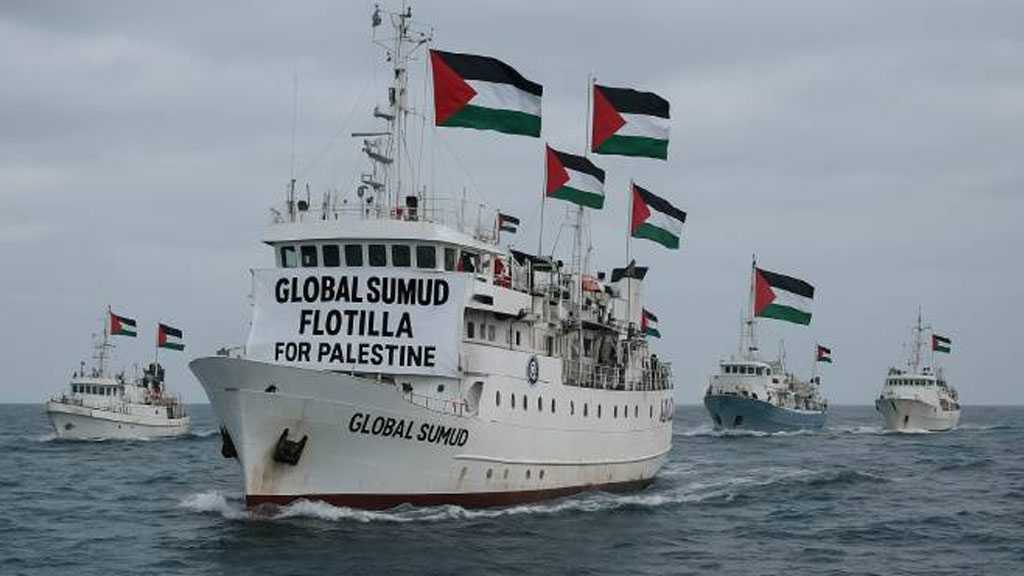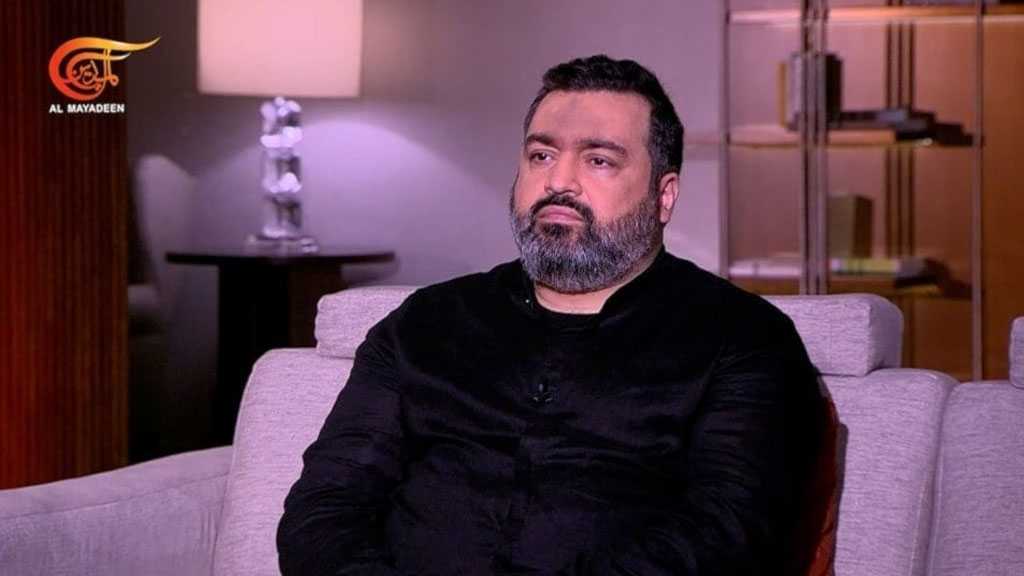Lest We Forget the Children Inside “Israeli” Jails over the Festive Season
Source: dci-pal.org, 10-12-2005.
International Law and the Sentencing of Juveniles
The sentencing process for adults found guilty of breaking the law generally revolves around consideration of the issues of prevention and proportionality - whereby the sentence given reflects the seriousness of the offence. However, when it comes to sentencing children, there is another key issue that must be considered - and that is the welfare of the child. This principle is not only built into most national legislation but is also binding under international law through its inclusion in the most widely ratified international human rights treaty in history - the Convention on the Rights of the Child (CRC).
Convention on the Rights of the Child
Article 3
1. In all actions concerning children, whether undertaken by public or private social welfare institutions, courts of law, administrative authorities or legislative bodies, the best interests of the child shall be a primary consideration.
Article 37
States Parties shall ensure that:
(a)¦Neither capital punishment nor life imprisonment without possibility of release shall be imposed for offences committed by persons below eighteen years of age;
(b) No child shall be deprived of his or her liberty unlawfully or arbitrarily. The arrest, detention, or imprisonment of a child shall be in conformity with the law and shall be used only as a measure of last resort and for the shortest appropriate period of time.
(d) Every child deprived of his or her liberty shall have the right to prompt access to legal and other appropriate assistance, as well as the right to challenge the legality of the deprivation of his or her liberty before a court or other competent, independent and impartial authority, and to a prompt decision on any such action.
Article 40
1. States Parties recognize the right of every child alleged as, accused of, or recognized as having infringed the penal law to be treated in a manner consistent with the promotion of the child`s sense of dignity and worth, which reinforces the child`s respect for the human rights and fundamental freedoms of others and which takes into account the child`s age and the desirability of promoting the child`s reintegration and the child`s assuming a constructive role in society.
2. To this end, and having regard to the relevant provisions of international instruments, States Parties shall, in particular, ensure that:¦
(b) Every child alleged as or accused of having infringed the penal law has at least the following guarantees:
(ii) To be informed promptly and directly of the charges against him or her¦
(iii) To have the matter determined without delay by a competent, independent and impartial authority or judicial body in a fair hearing according to law, in the presence of legal or other appropriate assistance¦;
3. States Parties shall seek to promote the establishment of laws, procedures, authorities and institutions specifically applicable to children alleged as, accused of, or recognized as having infringed the penal law, and, in particular:¦
(b) Whenever appropriate and desirable, measures for dealing with such children without resorting to judicial proceedings, providing that human rights and legal safeguards are fully respected.
4. A variety of dispositions, such as care, guidance and supervision orders; counselling; probation; foster care; education and vocational training programmes and other alternatives to institutional care shall be available to ensure that children are dealt with in a manner appropriate to their well-being and proportionate both to their circumstances and the offence.
The importance accorded to a child`s welfare is underscored in other international human rights instruments such as the UN Standard Minimum Rules for the Administration of Juvenile Justice (The Beijing Rules):
UN Standard Minimum Rules for the Administration of Juvenile Justice
17. Guiding principles in adjudication and disposition
17.1 The disposition of the competent authority shall be guided by the following principles:
(a) The reaction taken shall always be in proportion not only to the circumstances and the gravity of the offence but also to the circumstances and the needs of the juvenile as well as to the needs of the society;
(b) Restrictions on the personal liberty of the juvenile shall be imposed only after careful consideration and shall be limited to the possible minimum;
(c) Deprivation of personal liberty shall not be imposed unless the juvenile is adjudicated of a serious act involving violence against another person or of persistence in committing other serious offences and unless there is no other appropriate response;
(d) The well-being of the juvenile shall be the guiding factor in the consideration of her or his case.
17.2 Capital punishment shall not be imposed for any crime committed by juveniles.
Discrimination in the system
These regulations are rigorously adhered to in the "Israeli" domestic system. "Israeli" children who come into conflict with the law, including those living in illegal settlements in the OPT, are served by a juvenile justice system with a special organizational structure characterized by informality and flexibility. Most trials of minors take place before a juvenile court and in the majority of cases, "Israeli" minors found guilty of committing an offence are given non-custodial "treatment orders" which encompass a variety of alternative penalties such as supervised probation, fines or placement in special residential facilities. Prison sentences are given to "Israeli" minors only in exceptional cases and for serious offences.
The same is not true, however, for Palestinian children arrested by the "Israeli" authorities - whether the police or the military. While "Israeli" children living in the OPT are governed by "Israel's" 1971 Youth Law, no special provisions are made for Palestinian children of the West Bank and Gaza Strip. Instead, the detention of Palestinian children and adults alike are governed and justified by "Israeli" military orders - a series of edicts issued ‘in the interests of security and public order` by successive "Israeli" military commanders since the start of the occupation in June 1967. This framework of military and emergency laws has enabled "Israel" to create an alternative system for trying Palestinians, as well as an alternative venue - the military court. There is no special juvenile facility here, no specifically trained police officers, social workers or probation service. Instead Palestinian children are subject to the same methods of interrogation, charges and sentences as Palestinian adults.
Military Orders Regulating Sentences
Few military orders deal directly or explicitly with the subject of Palestinian children, and those that do often provide contradictory messages. From the outset, the very definition of a child is subject to scrutiny, with Military Order 132 defining a child as anyone aged 11 or under, adolescents are aged 12-13 and children aged 14-16 as teenagers. Later military orders expanded the category of teenager to include children aged 16-17, but in reality, children this age continue to be treated as adults. The same military order stipulates that children under the age of 12 should not be held in detention and that ‘adolescents` should not be detained for more than 6 months. But while it also specifies that ‘teenagers` must not be imprisoned for more than a year, this limit is contradicted by the second half of the article which adds "unless the crime for which the teenager is charged carries a maximum sentence of more than five years".
In reality, virtually every Palestinian children arrested by "Israeli" forces is accused of an offence that potentially carries a sentence of five years or more imprisonment. Even a minor offence such as stone throwing, which remains the single most common charge for children, can carry with it a disproportionately harsh sentence. Military order 378 sets the maximum sentence for throwing an object at a moving vehicle with intent to harm the vehicle or passenger at 20 years in jail while a 10-year sentence can be handed out for throwing stones at a standing object such as soldiers or military buildings.
Charges
In recent years there has been a slight increase in the number of children charged with serious offences including the possession and firing of weapons and attempted killing. However, DCI/PS experience has shown that often the charge levelled against a child disguises the true events. Thus a child found with a knife in his or her bag may be charged with attempting to kill or attempting to stab - offences which carry considerably higher sentences than the actual offence of possession of a dangerous weapon.
Military Order 1563
The situation for children in the military courts has been further compounded by the promulgation of military order 1563 on 23 June 2005. Prior to the enactment of this order, the penalty for an attempted offence was set at half that for the realisation of the crime. The new order however erases any distinction for an attempt and the actual completion of an offence. This gives the courts authority to hand out life sentences for attempted offences, even in cases where the culprit is a child. It does not, however, allow for the reduction of responsibility where the person is suffering from mental illness, or where the individual repents and does not complete the offence.
The Military Court System
Pre-trial Detention
While in the "Israeli" domestic system, every effort is made to avoid pre-trial detention, or indeed a custodial sentence in general, for minors, no such measures are taken for Palestinian juveniles arrested by "Israeli" forces. Only a handful of cases - around 5% of the hundreds of children detained each year - are released on bail pending their trial. The vast majority therefore are held either in unsuitable detention centres in the West Bank, in military prison camps, or alongside sentenced children in civil prisons inside "Israel" awaiting their trial. The fact that so few children are released prior to their trial undermines any pretence that the children are considered innocent until proved guilty - a fundamental tenet of human rights.
While it is clearly stated in the CRC and international guidelines that a child, once charged, should have his or her case heard without delay, many Palestinian children have to wait up to three months before their case comes before the military court.
The military court - a partisan forum
Under international law, the adjudicating body in legal proceedings should be independent and impartial. In the "Israeli" military courts however, the military court system forms part of the military administration, blurring the distinction between the court as an independent body and the "Israeli" military which administers - or indeed is - the occupation.
The impartiality of the judiciary in the military courts is also the subject of scrutiny: judges and prosecutors alike are drawn from the ranks of the same military unit in the "Israeli" Defence Force*, and there is often a close working relationship between the two, giving rise to reports of collusion and partisanship. The regard among judges for legality and the rule of law is further thrown into question by the fact that a number of judges live in settlements which are themselves violations of international law.
Such factors can have a serious impact, whether real or perceived, not just on the presumption of the innocence of Palestinian defendants, but also on the length of sentences that are handed down by the courts. Defence lawyers report that judges who are settlers regularly impose higher sentences than those who live inside ‘"Israel" proper`. The lawyers also say the political climate plays a role in sentencing, with judges more likely to pass harsher sentences in the wake of bombing attacks in "Israel".
The length of sentence is also governed by the number of judges adjudicating in the trial. Cases involving ‘simple` offences such as stone-throwing (provided no injuries occurred) and disturbing the public order are tried in a one-judge court, where the maximum sentence that can be issued is 10 years. More serious cases are heard before a panel of three judges who are empowered to pass sentences up to the maximum - life imprisonment.
Building a defence
A barrage of military orders and procedures exist to prohibit lawyer-client meetings during pre-trial detention and DCI/PS lawyers estimate that only 10% of children are able to meet their lawyer before the first hearing. Often a visit from the lawyer is held out by interrogators as a reward for children if they confess. Moreover, lawyers say the meetings, when they do occur, are sometimes recorded and the confidential lawyer-client conversations later used to extract more information from prisoners. In those cases where lawyers have not been able to meet their clients beforehand, they have only minutes to formulate their arguments based on snippets of conversations they have managed to have, sometimes shouted across the courtroom, with their client as the latter is being brought to the dock.
Confessions are used as the primary and decisive form of evidence against children in an estimated 95% of cases, and the majority of children are themselves arrested on the basis of confessions against them given by other children arrested from their district. Ex-child detainees have described with graphic detail the methods "Israeli" interrogators employ to coerce confessions out of them, including verbal and physical abuse and threats. However, although lawyers can, in theory, challenge the confession with the claim that it was given as a result of torture, this can be almost impossible to prove and can also be detrimental to the defence.
Plea-bargains
With the odds stacked against their clients from the outset of the legal proceedings, defence lawyers acting on behalf of Palestinian children will frequently seek to close the file as soon as possible through a plea bargain with the prosecution. On the first day of the trial, having liaised beforehand and agreed on the sentence, the prosecution and defence lawyers will approach the judge and present the deal. If the judge agrees, and deems the sentence appropriate, he or she will close the file. If the length of time that the child has been held in custody since arrest equals or exceeds that of the sentence, then the defendant will be released immediately; otherwise the child will be sent to prison after the trial hearing.
In some cases, even though it is clear the child is not guilty, it is preferable to admit guilt at the earliest possible opportunity, and seek a short and swift sentence through a plea bargain. If the lawyer seeks to prove the child`s innocence through a series of court hearings or fight a conviction through appeals, even in the very unlikely event that the child is eventually acquitted, he or she will actually have spent longer behind bars because of the lengthy legal proceeding than if he or she had falsely confessed to the offence.
Although a plea-bargain can significantly reduce the length of time a Palestinian child spends in "Israeli" custody, the defence lawyers recognise that striking such a deal harms several fundamental principles of a fair trial, including the presumption of innocence, the burden of proof and the right to silence. Encouraging a child to plead guilty can harm his or her moral sense of justice and runs the risk of the child incurring an even longer prison sentence should he or she be arrested again in the future. However, defence lawyers argue that they must act in the best interests of the child ‘as they stand at present` and that their role is one of damage control within the system which many describe as little more than a ‘circus`.
Sentences
When a defendant is found guilty, there are three options for the judge or judges in the military court: to sentence the convicted person to a prison term, to hand down a suspended prison term, and/or to order the defendant or their family to pay a fine. In most cases, military courts hand down a combination of all three options to Palestinian children found guilty of committing an offence, with the suspended sentence exceeding the actual prison term and a financial penalty of between NIS 1,000-5,000 ($215-1,070). Such a fine imposes a financial burden upon a family already suffering the emotional stress of having had a child arrested and subsequently imprisoned by the "Israelis".
As mentioned earlier, the sentences imposed on children in the military courts tend to be arbitrary, depending more on the mood of the judge; the level of overcrowding in "Israeli" prisons at the time; and the general political environment, rather than any impartial reflection on the seriousness of the offence.
In practice, children between the ages of 12 and 14 face penalties of up to six months imprisonment for throwing stones and older children between 14 and 16 can be sentenced for up to twelve months. In these cases, judges believe they are being lenient as they do not impose the maximum penalty of ten to twenty years. In addition to these sentences, children are also given suspended sentences which, should the child re-offend within the specified time frame, are added to sentence handed down for the second offence. Cases of repeat offenders receive harsher penalties, with stone-throwers receiving prison sentences of between 9 months and 2 years.
The sentences handed down are based not on the age the child was when the alleged offence took place, but at the age they are during the trial. Since children under the age of 14 can only be sentenced to a maximum six months in prison, the "Israeli" military and/or the prosecution have on a number of occasions sought to prolong the child`s period in pre-trial detention in order to push for a prison term exceeding six months.
he issue of a child`s age at trial is also leading to a notable increase in the number of Palestinian children being prosecuted for offences they allegedly committed several years previously. This is another example of the institutionalised discrimination within the system, since under "Israeli" domestic law a minor can only be tried for an offence committed a year beforehand if the attorney general has given express consent for the trial.
Palestinian children detained by "Israel" (November 2005)
Telmond Boys: 202 Girls 5
Ofek Hasharon Boys 4
Ramle Prison Hospital 2 Megiddo Boys 20
Ofer Military Camp Boys 38
Ketziot Military Camp * Boys (including boys in administrative detention) 5
Interrogation and Detention Centres
Russian Compound 0
Etzion (Detention and Interrogation Centre) 8
Benjamin (Inside Ofer Prison) 12
Kadumim 3
Huwwara 0
Jalame 4
Salem 14
Petah Tikva (Interrogation Centre) 0
Askelan (Interrogation Centre) 1
Total Children Detainees 318
*DCI/PS has not been able to get reliable figures for Ketziot
For case studies: http://www.dci-pal.org/english/display.cfm?DocId=459&CategoryId=10)
* This term is absolutely unacceptable. "Israel`s" Army is that of war and aggression for it protects land gained by force, confiscation and war in contradiction with the simplest rights of human confessed by the international laws and conventions.




